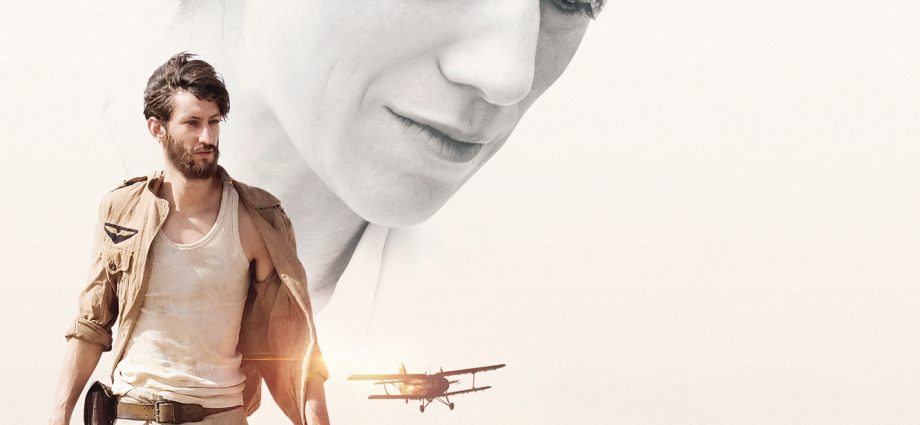“You can’t love one person so much. Even if it’s your mother.» In April, on the big screens of some cities, you can still see «The Promise at Dawn» — a careful adaptation of Romain Gary’s book about the great, all-consuming and destructive maternal love.
The mother loves her son. Violently, tenderly, deafeningly. Sacrificially, demandingly, forgetting oneself. His mother dreams of his great future: he will become a famous writer, military man, French ambassador, conqueror of hearts. Mother screams her dreams to the whole street. The street grins and laughs in response.
The son loves his mother. Clumsily, quiveringly, devotedly. Clumsily trying to follow her precepts. Writes, dances, learns to shoot, opens the account of love victories. It is not that he lives — rather, he tries to justify the expectations placed on him. And although at first he dreams of marrying his mother and breathing in deeply, “the thought that the mother will die before everything she expects will come true” is unbearable to him.
In the end, the son becomes a famous writer, military man, French ambassador, conqueror of hearts. Only the one who could appreciate it is no longer alive, and he cannot enjoy it himself and live for himself.
The hero’s mother does not accept her son as he is — no, she sculpts, forges an ideal image from him
The son fulfilled and will fulfill not his own — his mother’s dreams. He made a promise to himself to «justify her sacrifice, become worthy of her love.» Blessed once with crushing love and suddenly deprived of it, he is doomed to yearn and acutely experience his orphanhood. Write words she will never read. Perform feats that she will never know.
If you apply psychological optics, «Promise at Dawn» looks like a story of absolutely unhealthy love. The mother of the hero Nina Katsev (in reality — Mina Ovchinskaya, on the screen — the brilliant Charlotte Gainsbourg) does not accept her son as he is — no, she sculpts, forges an ideal image from him. And it doesn’t matter what it costs her: «The next time someone insults your mother, I want you to be brought on a stretcher.»
The mother unconditionally, fanatically believes in the success of her son — and, most likely, thanks to this, he becomes what the whole world knows him: a military pilot, a diplomat, one of the most popular writers in France, twice a laureate of the Goncourt Prize. Without her efforts, world literature would have lost a lot … but is it worth it to live your life trying to live up to other people’s expectations?
Romain Gary shot himself at 66. In his suicide note, he wrote: “You can explain everything with nervous depression. But in this case, it should be borne in mind that it has lasted since I became an adult, and that it was she who helped me to adequately engage in literary craft.










